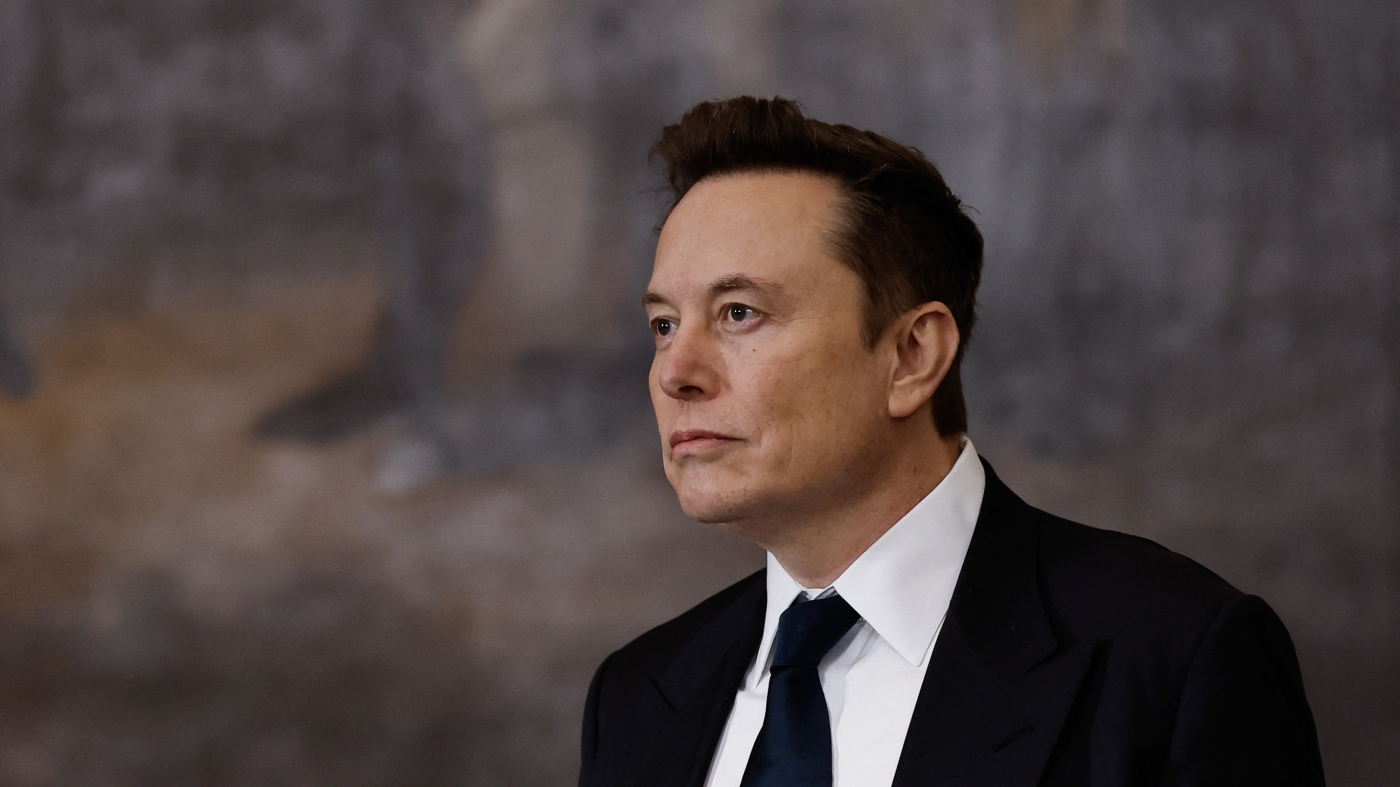
In a bold display of political defiance and financial firepower, billionaire Elon Musk has thrown his weight — and his wallet — behind a growing movement to dismantle the power of the American judiciary. As President Donald Trump continues his second term in the White House, emboldened by a loyal Republican-controlled Congress, Musk is stepping in to accelerate one of the most alarming trends in American governance: the war on the courts.
According to a report from The Washington Post, Musk has quietly donated more than $144,000 to over two dozen Republican lawmakers who have either introduced legislation to strip judges of power or publicly called for their impeachment. The donations, though made in relatively small amounts — typically $6,600 per candidate, the legal maximum per election cycle — are strategically targeted and carefully timed.
With nearly two years still to go before the 2026 midterm elections, Musk's early contributions signal something deeper than partisan preference. They represent an all-out offensive on judicial independence.
One of the most notable beneficiaries of Musk’s money is Representative Brandon Gill of Texas, a freshman congressman who has made a name for himself by launching a personal crusade against so-called “radical activist judges.” On March 18, Gill posted on X (formerly Twitter): “I just introduced Articles of Impeachment against radical activist Judge James Boasberg. He is guilty of high crimes and misdemeanors and should be removed from office.”
The very next day, Elon Musk’s political committee sent Gill a $6,600 check — a reward, many observers believe, for his loyalty to the anti-court agenda.
But Musk’s financial encouragement didn’t stop there. Senator Chuck Grassley of Iowa, who recently authored a bill to significantly limit federal judicial review, also received the maximum donation. So did Representative Derrick Van Orden, who has introduced a bill to impeach U.S. District Judge Paul A.
Engelmayer, a respected jurist with a track record of rulings that have drawn ire from hardline conservatives. Together, these lawmakers form a new vanguard of legal insurgents — and Elon Musk has emerged as their patron.

The political implications are profound. Musk’s interventions arrive as President Trump’s administration faces mounting legal resistance to its most controversial policies. From executive orders on federal restructuring to regulations targeting LGBTQ+ rights and climate enforcement, the judiciary has been one of the last lines of institutional restraint.
Musk, once an outsider to Beltway politics, is now actively working to erode that resistance by backing politicians who seek to neuter the courts' authority.
In mid-March, Musk posted one of his most inflammatory messages yet. After a federal judge blocked President Trump’s renewed executive order banning transgender Americans from serving in the military, Musk took to X to declare: “This is a judicial coup.
We need 60 senators to impeach the judges and restore rule of the people.” The remark lit up social media, with supporters praising him for “speaking truth to power,” while legal scholars warned of creeping authoritarianism masked as populism.
To Musk, the courts are no longer neutral arbiters. They are, in his view, unelected bureaucrats standing in the way of progress, innovation, and national will. He has even offered money to individuals who sign petitions calling for the impeachment of so-called “activist judges,” a tactic reminiscent of political machines from another era.
The framing is deliberate — turn public frustration against the judiciary, reward those in power who echo the sentiment, and then reshape the system from within.
It’s worth asking: why now? Musk, who has long played coy with his political leanings, is no stranger to controversy. But this aggressive foray into judicial politics seems to coincide with multiple legal setbacks against his companies and Trump’s government allies.
Federal rulings have slowed Starlink deployments, questioned labor practices at Tesla, and blocked Trump’s deregulation of environmental standards that would have benefitted SpaceX manufacturing. For Musk, the judiciary is not just a threat to conservative ideology — it’s a threat to his business empire.
His critics argue that this is not about restoring democratic values but rather concentrating power in the hands of the few. With Trump in office again and federal agencies stacked with loyalists, the courts remain one of the few branches that still offer friction.
By funding candidates who want to break that final check, Musk is helping to eliminate the last institutional barrier to executive dominance.
Legal scholars warn that Musk’s strategy, if successful, could devastate the balance of powers enshrined in the U.S. Constitution. “This is how democracies decay,” said one law professor at Georgetown. “Not with a bang, but with a billionaire writing checks to politicians who want to remove the referees.”

The problem isn’t that Musk is wealthy. It’s that he’s weaponizing his wealth against the legal system itself.
What makes this even more dangerous is the political climate in which it is unfolding. With Trump back in the Oval Office and Republican control solidifying across statehouses, the GOP is increasingly open about its hostility toward judicial oversight.
Some lawmakers have proposed term limits for federal judges, jurisdiction stripping, or even defunding entire court circuits that don’t align with “national interest.” Now, they have a deep-pocketed ally willing to bankroll that vision.
The $144,000 Musk has spent is not, by itself, enough to swing an election — but it is enough to elevate voices, shape primary races, and send a chilling message to sitting judges: rule against the new order, and you may find yourself the target of political retribution.
This is no longer a hypothetical. Judges like Boasberg and Engelmayer are already facing legislative attacks backed by billionaire cash. And the message to other judges is crystal clear: your future may depend less on your rulings and more on whom you offend.

All of this plays well with Musk’s online base, a mixture of libertarians, anti-establishment populists, and hardcore Trump loyalists who see the judiciary as the last remnant of the so-called “deep state.” Musk, whose platform X now operates as a kind of unofficial propaganda arm for the far-right, uses his influence to direct attention, amplify outrage, and canonize the lawmakers he supports.
At this point, the question is not whether Elon Musk will continue using his fortune to reshape American politics. The question is how far he’s willing to go — and how much damage the institutions of democracy can withstand before they bend irreparably.
For now, Musk’s war on the courts has only just begun. But with President Trump back in power and the Republican Party marching in lockstep, the stakes have never been higher.
This isn’t just about a billionaire spending money. It’s about a billionaire choosing the next battlefield — and bringing the fight to the very heart of the Constitution itself.

-1747889572-q80.webp)
-1742653910-q80.webp)
